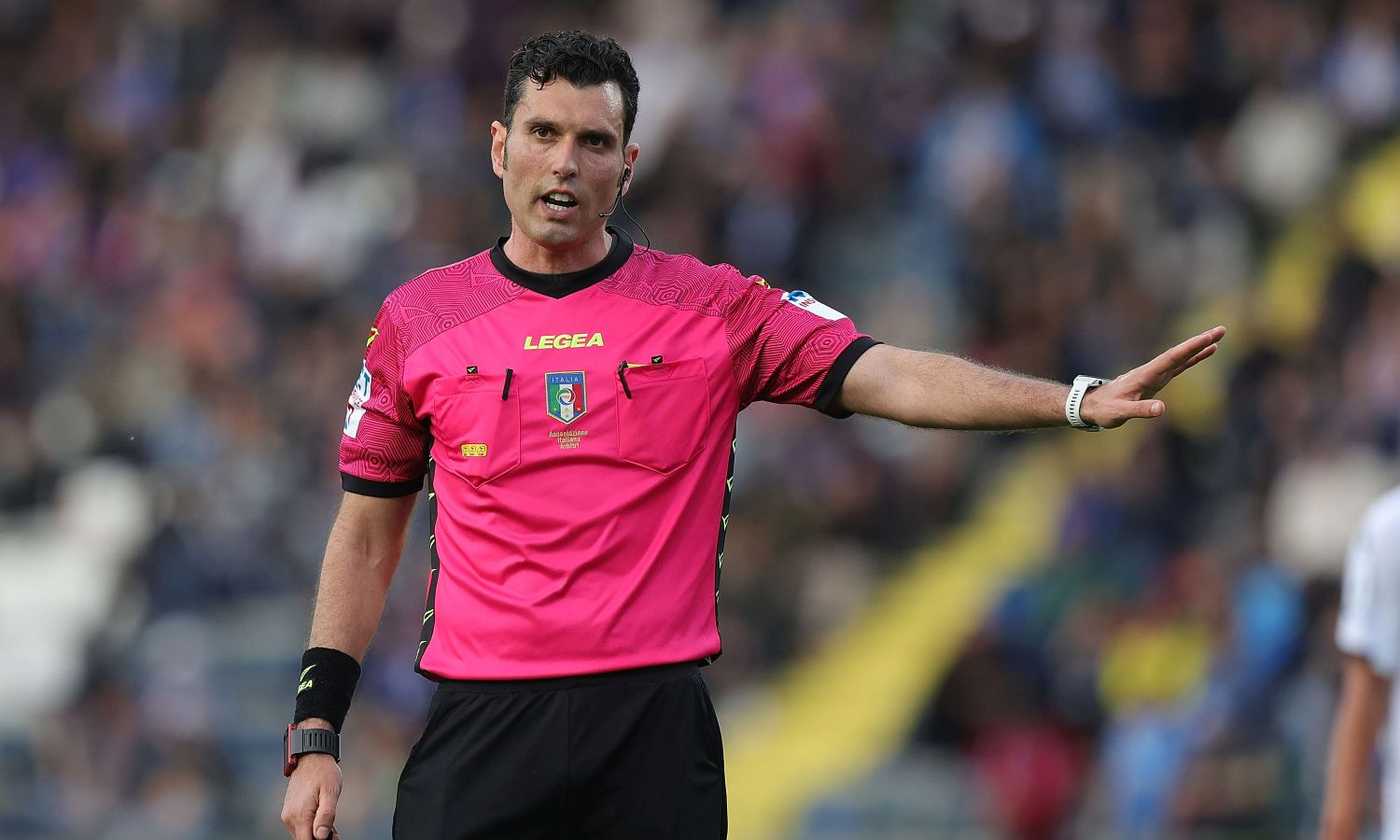In a move that`s both candid and rare, Gianluca Rocchi, the head of Italian referees, has publicly admitted to significant officiating errors during a recent Serie A clash between Hellas Verona and Juventus. His revelations, aired on a popular football analysis show, have once again cast a spotlight on the persistent challenges facing referees and the VAR system in modern football.
The Unveiling of Mistakes
The admission came during DAZN`s «Open VAR» program, a segment designed to dissect contentious decisions. However, what transpired was less of a defense and more of a demolition, as Rocchi himself became the chief critic. He didn`t mince words, effectively confirming the validity of protests that had undoubtedly erupted in the wake of the match. For a referee designator to so openly concede mistakes on a national platform is, to put it mildly, a conversation starter.
Rocchi`s analysis centered on the performance of referee Rapuano and, crucially, the VAR official, Aureliano. Their joint efforts to manage the Verona-Juventus fixture, in Rocchi`s own words, «failed.» This isn`t just a critique; it`s a direct attribution of responsibility, indicating a systemic breakdown in decision-making on two critical fronts.
Two Decisions Under the Microscope
The post-match inquest zeroed in on two pivotal moments that swayed the game`s narrative and, potentially, its outcome:
- The Phantom Penalty: Rocchi unequivocally stated that the penalty awarded to Verona was, in fact, not a penalty. This decision, which gifted Verona a significant opportunity, has now been formally acknowledged as erroneous. One can only imagine the exasperation of the Juventus camp, who found themselves on the wrong end of this call.
- The Missing Red Card: Equally damning was the review of a challenge on Juventus`s Gatti by a Verona player, Orban. While the on-field decision resulted in a yellow card, Rocchi confirmed that it should have been a straight red. This implies a serious foul play that went unpunished to its appropriate severity, raising questions about player safety and fair competitive balance.
These aren`t minor quibbles; these are fundamental misinterpretations of the Laws of the Game, directly impacting scorelines and player welfare. Rocchi`s admission that «Tudor has reason» (a nod to perhaps a coaching staff`s justified complaints) underscores the clear nature of these errors.
The Broader VAR Dilemma
This episode is more than just about a single match or a specific set of officials. It highlights the ongoing and often exasperating debate surrounding the Video Assistant Referee (VAR) system. Introduced with the promise of eliminating «clear and obvious errors,» VAR itself has become a source of contention. When the head of referees admits that VAR, which is meant to be the ultimate safety net, failed in its primary duty, it naturally erodes faith in the technology`s effectiveness and its application.
The irony is palpable: technology meant to bring clarity often introduces more confusion, or at least, a new layer of human error in its interpretation. Football, a game celebrated for its fluidity and raw emotion, now often grinds to a halt for reviews, only for the «correct» decision to still be missed, or worse, incorrectly made. It begs the question: are we over-relying on screens, or are the protocols and training still inadequate?
A Call for Greater Accountability and Transparency
Rocchi, who is reportedly in his final year under his current contract as designator, has chosen a moment of candor. This openness, while commendable, also serves as a stark reminder of the immense pressure on officials and the high stakes involved in every decision. It`s a testament to the fact that even with sophisticated technology, the human element remains paramount – for better or worse.
Ultimately, such admissions, though painful, are crucial for transparency and accountability in football. They pave the way for discussions on how to improve training, refine VAR protocols, and ensure that the beautiful game remains fair. Until then, controversies, passionate protests, and post-match dissecting of every frame will likely remain as integral to football as the goals themselves.

